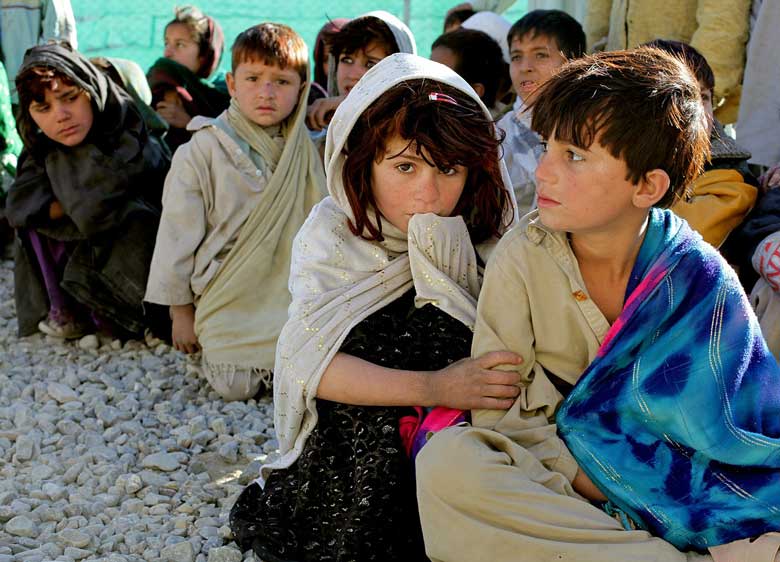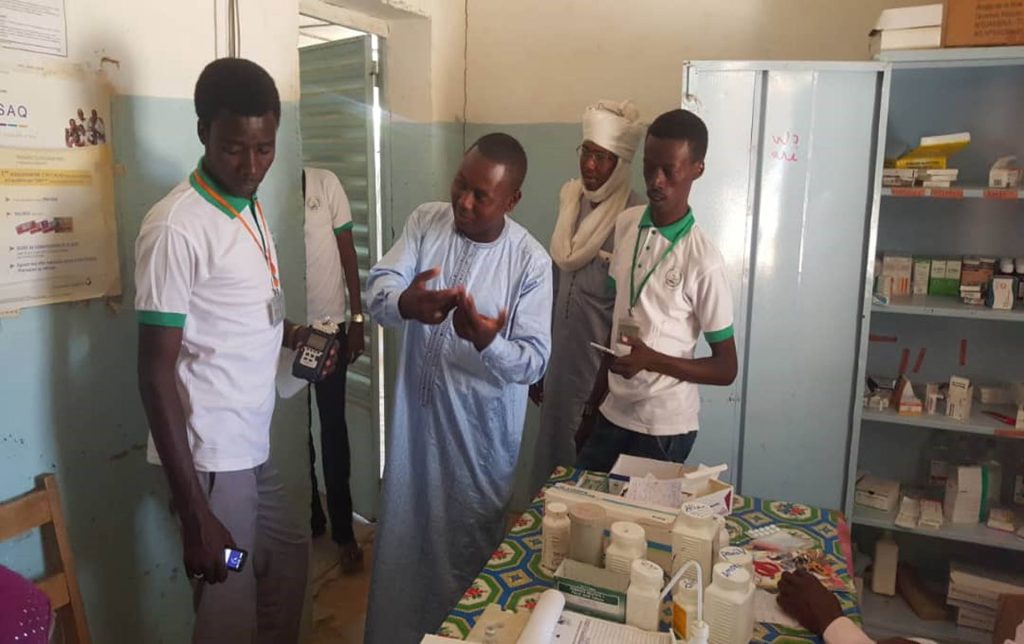Starting from the fact that youth is the main pillar to build a community, and also the need to communicate and interact with the issues of our society in general, youth and our communities in particular, this idea comes as a means to achieve the objectives of the Association and to implement activities in all fields; social, cultural, educational, scientific, sports, health and in the field of development which is considered as a promotion of service to our veteran community to promote an evolution in all vital areas.



Definition:
The Association is a social and cultural development that aims primarily to build an educated, awakened, regenerative community of its past, present and future by enhancing heritage, based on a plan of cultural development, humanitarian without personal interests. Was created on MAY 28, 2015.
Motto and emblem :
A) Motto: The (ABDC) has the motto: (Unity – Work – Completion)
B) Emblem: The emblem of the (ABDC)candle Lit with a book lloyd pen holder above the book intends the writing
language:
The Association carries out its work through the country’s two official languages (Arabic and French).
The ABDC’s head office is in N’Djamena, but the Association can set up other branches in the regions and outside the country.

Teaching may be carried out informally, within the family, which is called homeschooling, or in the wider community. Formal teaching may be carried out by paid professionals. Such professionals enjoy a status in some societies on a par with physicians, lawyers, engineers, and accountants. A teacher’s professional duties may extend beyond formal teaching. Outside of the classroom teachers may accompany students on field trips, supervise study halls, help with the organization of school functions, and serve as supervisors for extracurricular activities. In some education systems, teachers may have responsibility for student discipline.Around the world teachers are often required to obtain specialized education, knowledge, codes of ethics and internal monitoring.
There are a variety of bodies designed to instill, preserve and update the knowledge and professional standing of teachers. Around the world many governments operate teacher’s colleges, which are generally established to serve and protect the public interest through certifying, governing and enforcing the standards of practice for the teaching profession.
